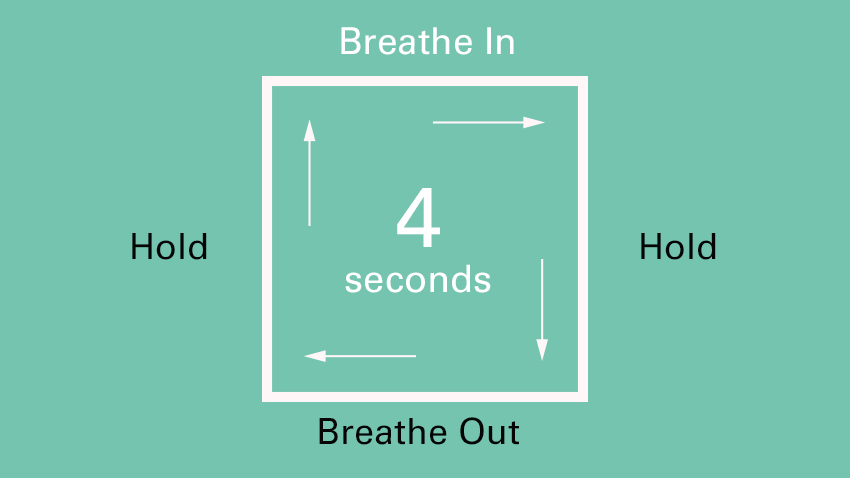Karrier- és Hallgatói Szolgáltatóközpont
About the stress a little differently – Part 1.
 I’m sure you have used the expression „I’m having a stressful time”, „I’m so stressed” etc. in your life. Today this word has become a bit of a cliché, and we often do not even know what it really means. Not to mention that it clearly has a negative meaning. In our two-part article we explore the meaning of stress and its effect on our body and soul.
I’m sure you have used the expression „I’m having a stressful time”, „I’m so stressed” etc. in your life. Today this word has become a bit of a cliché, and we often do not even know what it really means. Not to mention that it clearly has a negative meaning. In our two-part article we explore the meaning of stress and its effect on our body and soul.
The word stress was originally used to denote the strength of bridges, János Selye brought the concept into medicine. His world-renowned research in the 1940s revealed that all influences that affect us (stressors) cause a specific physiological response in the body.
What actually happens in the body?
The body releases energy reserves and activates the immune system. The heart beats violently, our breathing quickens, our muscles tense. Digestion and all other body functions that are not important for surviving the situation slow down. You must have heard of reaction Fight! Fight! Freeze! If not, you can find an explanatory video here.
Today we know that we distinguish between good and bad stress. So not all stressful situations are bad.
In addition, another very important thing is that stress is harmful when it occurs unpredictably and irregularly, lasts for a long time and is excessive. It is a protective factor against excessive and long-lasting stress if we still have social support. At the same time, it also causes stress, for example, if you are forced into situations that are not your own. We talk relatively little about the latter, but it is good to know that there can be many situations in our lives that others force on us. For example, the eating, style of dressing in our childhood, kissing the grandmother, you will become a doctor, my son. And of course, this extends to our adulthood.
Extreme stress becomes a traumatic life event whenever we are unable to act in a given situation. However, the accumulated energy, which we have not used to fight, remains in our body. This results in PTSD, which can make our life miserable even decades after the event. For example, we suffered an accident, were robbed, attacked, were treated inappropriately during childbirth, underwent surgery, etc.
Our body and soul also store events and conclusions. There are general negative thought patterns that can develop in stressful or traumatic situations. The following types may appear:
Vulnerability: “I’m in danger”, “I can’t protect myself”
Control: “I’m powerless”, ‘I can’t control”
Self-blame: “I’m worthless”, “I’m stupid”
Responsibility: “I should have done something”, “I was wrong”, “I am guilty”
If you feel that from time to time a stress reaction takes place in you, with such an intensity that you can’t do anything about it, then you should learn some exercises. By using them every day, you can reduce the level of stress hormones in your body. You get rid of accumulated energy and face the next challenge in a calmer state. When negative thought patterns emerge, the goal is not to silence them. You can turn to yourself with compassion and admit that the previous – stressful – situation was difficult for you and you did what you were able to do at the time.
Exercises to reduce the stress level:
- Signing your favourite song, melody
- Deep sigh
- Stretching
- Butterfly hug
The butterfly hug is simple and can be done in any situation. It can bring you back to the present moment and calm you down. Feel free to use it even if you have difficulty falling asleep or waking up at night.
Box breathing: breath in for 4 seconds, hold your breath for 4 seconds, breath out for 4 seconds, hold for 4 seconds

In the second part of the article, we discuss the effects of stress on the body.


